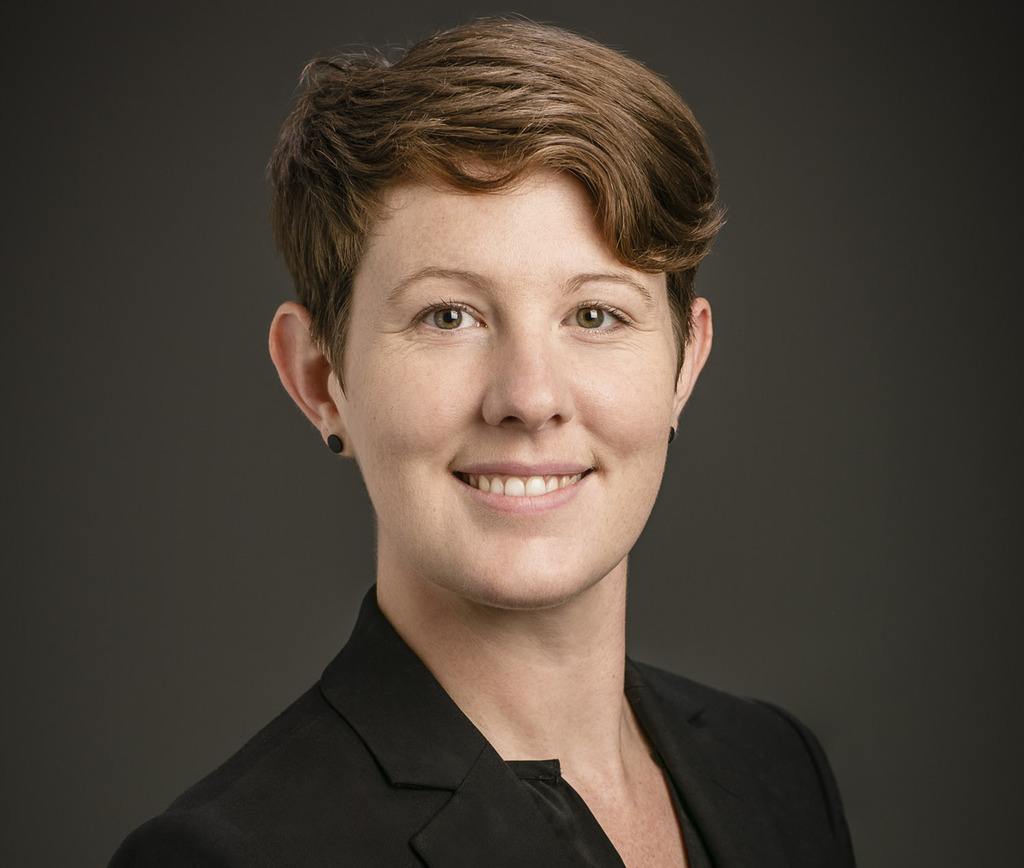Ep 17: Nuclear Engineering Programs with Dr. Kathryn Huff

On this week’s show, we dive into the sciences and explore the exciting field of nuclear engineering! Scott was joined by Dr. Kathryn Huff, Assistant Professor in the Department of Nuclear, Plasma and Radiological Engineering and a Blue Waters Assistant Professor with the National Center for Supercomputing Applications at the University of Illinois at Urbana-Champaign.
Nuclear engineering (and nuclear power by extension) offers tremendous potential for students interested in numerous career opportunities, ground breaking scientific research, and creating energy solutions that helps the world run. Listen in to discover the subjects you’ll study, how the field is laid out, and what it’s like to learn and research in one of the leading nuclear engineering programs in the world.
What You’ll Learn in This Episode:
- What nuclear engineering is and how it plays a crucial role in today’s world.
- What career opportunities await graduates with nuclear engineering degrees.
- How nuclear engineering programs are laid out, including the types of courses students take and how classes are organized.
- Why Dr. Kathryn Huff thinks nuclear engineering can save the world.
- Which areas of a nuclear engineering program often trip students up.
- And so much more!
Featured on the Show:
- Connect with Dr. Kathryn Huff: Twitter | LinkedIn
- Connect with the Show: Website | Twitter
- Student Resource Pick of the Week: Evernote: App Store | Twitter
Illinois Department of Nuclear, Plasma, and Radiological Engineering (NPRE) at a Glance

To better support its students and offer a wider variety of courses, the Department of Nuclear Engineering branched out (as of 1999) to become the Department of Nuclear, Plasma, and Radiological Engineering (NPRE). The NPRE Department at the University of Illinois, Urbana-Champaign, has BS, MS, and PhD in NPRE degree programs with three academic paths in 1) Plasma and Fusion, 2) Power, Safety, and the Environment, and 3) Radiological, Medical, and Instrument Applications. Students are encouraged to consult with faculty and engage in both traditional nuclear engineering research, as well as pursue research in areas like materials, nuclear power, plasma physics and fusion, radiological science, and reliability and risk.
- University Year Established: 1867
- The Department of Nuclear Engineering Year Established: 1958
- Total University Student Population: ~47,826
- Location: Urbana and Champaign, Illinois
- Nickname: Fighting Illini
Bachelor of Science in Nuclear, Plasma, and Radiological Engineering from The University of Illinois, Urbana-Champaign
The BS in Nuclear, Plasma, and Radiological Engineering (NPRE) degree program at the University of Illinois, Urbana-Champaign, provides students with a solid foundation in basic sciences, engineering sciences, digital computer use, and nuclear energy systems. In this program, students have the opportunity to take classes like Radiation Protection, Design in NPRE, and Neutron Diffusion and Transport.
Student Resource Pick of the Week: Evernote
 If you’re anything like we were in college, keeping your notes organized and protected is pretty important when it comes to truly “crushing it” on tests and class projects. Sadly, notebooks still get lost, paper gets smudged or gets spilled on (only non-alcoholic drinks of course… ).
If you’re anything like we were in college, keeping your notes organized and protected is pretty important when it comes to truly “crushing it” on tests and class projects. Sadly, notebooks still get lost, paper gets smudged or gets spilled on (only non-alcoholic drinks of course… ).
Fortunately, with tools like Evernote managing your notes and keeping them all in one place is much easier. This app allows you to upload notes and manage them simply. It’s a pretty sweet tool a few of us wish we had in school.
It’s true, some of the Evernote plans can be a bit pricey for a student, but honestly, the Basic (free) package has more than enough features. Plus, it’s pretty great for group projects too. Evernote makes it easy to work on-the-go, and share resources and notes with other classmates. While you may not be able to ever use some of your favorite excuses again, you’ll also never have to hear ones like these again, “oh I didn’t that attachment you sent” from that person in your group. You know who we’re talking about.
Don’t miss an episode – subscribe to the YesCollege Podcast!
About the Author YesCollege Team
We're the YesCollege team, and we're pretty nerdy when it comes to higher education. Between our awesome podcast, with REAL COLLEGE PROFESSORS, and our database of programs, our goal is to help prospective students make the absolute BEST choice for their degree.
Related Posts
Ep 36: Internships and Experiential Learning with Dr. Kathryn Winsted
Ep 35: Folklore Programs with Dr. Lynne S. McNeill
Ep 33: Undergraduate Real Estate Programs with Dr. Tom Hamilton
Ep 31: MS in Cybersecurity Programs with Dr. Steven Weber and Colbert Zhu
Ep 30: MBA in Cybersecurity Programs with James Curtis

